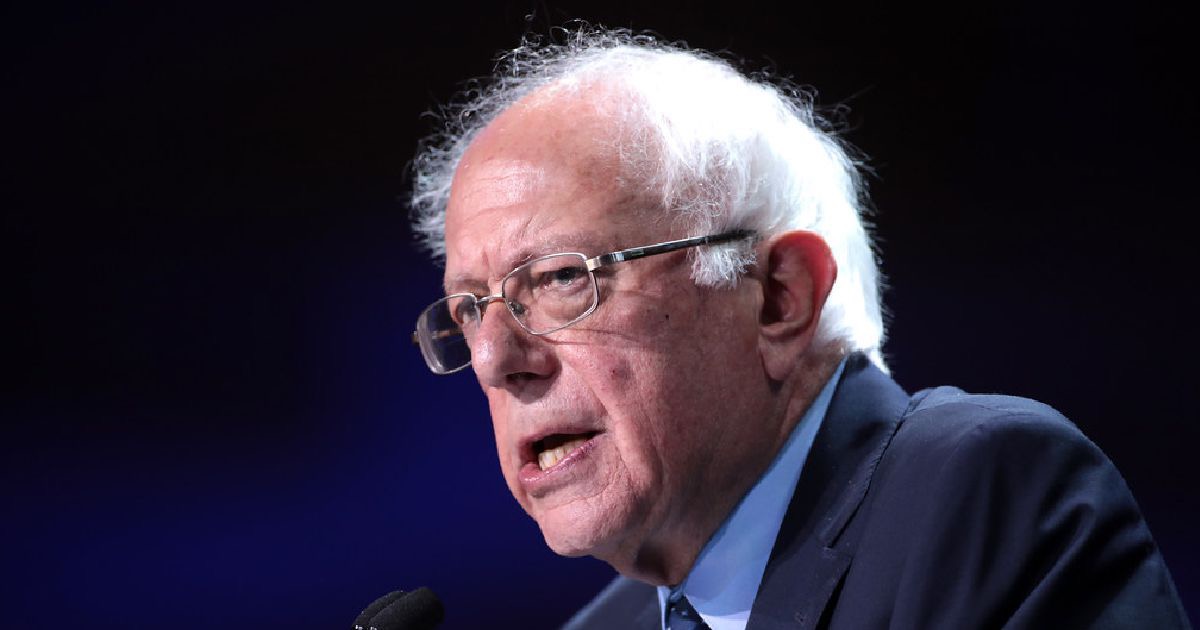At this point in the Democratic primaries (and American politics in general), populist rhetoric and demagoguery is the mainstream. As many academics and pundits have proclaimed, we are in a ‘populist moment’.
Populist moments have certainly ebbed and flowed since before the American founding, but after the 2008 financial crash, the rhetoric has been ramping up, and we still have yet to exit.
When you look at the history of populism, much of it is borne out of contempt for the status quo or a sudden change of circumstances, and almost always with a hint of the conspiratorial (the system is rigged!). Most of the time it is also concomitant with an anti-intellectual demagoguery (think Huey Long). This is in large part due to the personality of the individual, or individuals, who are able to skillfully channel and exploit the frustration and unrest of the people for their own political ends. Hence, I am personally not a fan of 99% of all populist movements.
That being said, Tuesday’s Democratic debate serves as an excellent observatory to spot this kind of rhetoric. And the more that one is able to filter out the populist demagoguery from the speeches of these candidates, the more intelligible the core of their rhetoric becomes. To make this effort as easy as possible, we will focus on the loudest and most obvious populist demagogue on stage – Bernie Sanders.
Bernie Sanders has a long history of employing this rhetoric in his speeches. Whether he’s talking about the villainous class of billionaires or Wall Street financial institutions, one thing is always clear: if you are in the working class, you are being screwed. This is where we can pull back the first layer of the populist rhetoric from the debate; that being the conspiratorial nature of Sanders’ crusade against the billionaires.
First, he has to equate the suffering of lower-class Americans with the wealth of other Americans who have almost no tangential relation to them. When asked by one of the CNN moderators whether or not the goal of his plan is to tax billionaires out of existence, Sanders started his response by listing disadvantaged Americans; the homeless, 87 million uninsured or underinsured Americans, and students who can’t afford to go to college or pay their college debts.
He then introduced the idea that because these unfortunate people in unfortunate circumstances exist, someone who owns a billion dollars should not exist. In fact, it is a “moral and economic outrage” that they exist. This is a classic populist tactic of pitting lower-class or working Americans against the wealthy and the elite who are supposedly the reason for blue-collar woes.
There is no sound reason to intimate the struggle of the unfortunate with the wealth of billionaires, but in order to direct public resentment to his preferred bogeymen, the suggestion is made. This connection was solidified a few seconds later, when Sanders follows up by saying, “We cannot afford a billionaire class whose greed and corruption has been at war with the working families of this country for 45 years.”
Here, Sanders introduces the supposed malicious intent of this group of billionaires. They are “at war” with working class America. Again, populism is generally anti-intellectual. No one is literally “at war” with the lower class, but the rhetoric serves the purpose of trying to portray working class Americans as the victims of a deliberately antagonistic group of Americans. It gets his audience to feel as though they are under attack, and that they must respond with just as much contempt and aggression. After all, by virtue of their being disadvantaged, they are more righteous than the rich.
But some questions arise out of this: Who are these billionaire warmongers? Where do they convene? How do they go about planning their attacks on middle America? How is Tom Steyer (literally 20 feet away from Sanders on stage) involved in this war against the poor masses? Is Tom Steyer’s existence immoral? Do we have video of Tom Steyer commencing war in working class neighborhoods?
In most cases, the best Sanders can do is name-drop Jeff Bezos. Otherwise, the billionaires remain in their shadowy, smoke-filled lounges in Wall Street. Or something. We don’t really know and we’re not supposed to know, because this is supposed to play on your prejudices against wealthy people. It doesn’t really make sense the more you probe into it.
Another way in which Sanders utilizes populist rhetoric as a dividing line is in his description of who really counts as part of “us,” or more traditionally, “the people.” It’s almost ridiculous how often this happens, but it’s such a common phraseology in American life that it easily passes by without detection. As Jan-Werner Müller explains in his brilliant explanatory book on populism, What Is Populism?, whenever a populist invokes “the people,” they don’t really mean the entirety of “the people,” but will nevertheless act as moral arbiters for this supposed “people.”
At the end of Bernie Sanders’ rant against the improbity of “the billionaires,” he answers in the affirmative to the moderator’s original question (being whether or not his goal was to tax billionaires out of existence) with his stated end being “so we can create a nation and a government that works for all of us, yes, that’s exactly what I believe.”
Did you catch it? “so we can create a nation…that works for all of us…” Within the context of his entire rant, Sanders never includes “the billionaires” as part of his conception of “us.” His “us” is comprised of those very disadvantaged members of society he listed earlier, as well as the vast majority of the working-class. In fact, he agreed that he wants to tax them out of existence, so on the face of it, “us” does not include the billionaires as part of his coalition.
Moreover, the “government” in his theoretical administration would be specifically adversarial to these very billionaires, so it wouldn’t even “work” for them to begin with. But again, you’re not supposed to think about this – thinking starts to open holes in the rhetoric. For those who are most captive to Sanders’ message, they hear what they want to hear; liberation from financial burden. For the rest, they are either taken aback, bored, or baffled by this anachronistic worldview.
In 1984, the Claremont Institute published the book Rhetoric and American Statesmanship, in which leading scholars and academics on American political thought and philosophy made the case for the seriousness of political speech and persuasion – or more precisely, in making cogent arguments backed with thoughtful deliberation. As its editor Glen E. Thurow noted, the more that political speech continues to pander to the lowest common denomination of thought and emotional reactions, the more likely we will see ambitious men “willing to say anything that will enhance their own position, because they think that words are but weapons.”
Good statesmanship should matter in our Democracy, not the tactless prattling of septuagenarian socialists, or demagogues of other political persuasions.
Hopefully, this served as an introduction to spotting some of the populist demagoguery featured in Tuesday’s Democratic debate. Listen closely during the next debates for what they are really saying.
Follow Henry Kokkeler on Twitter: @HenryKokkeler
Image: Gage Skidmore





1 comment